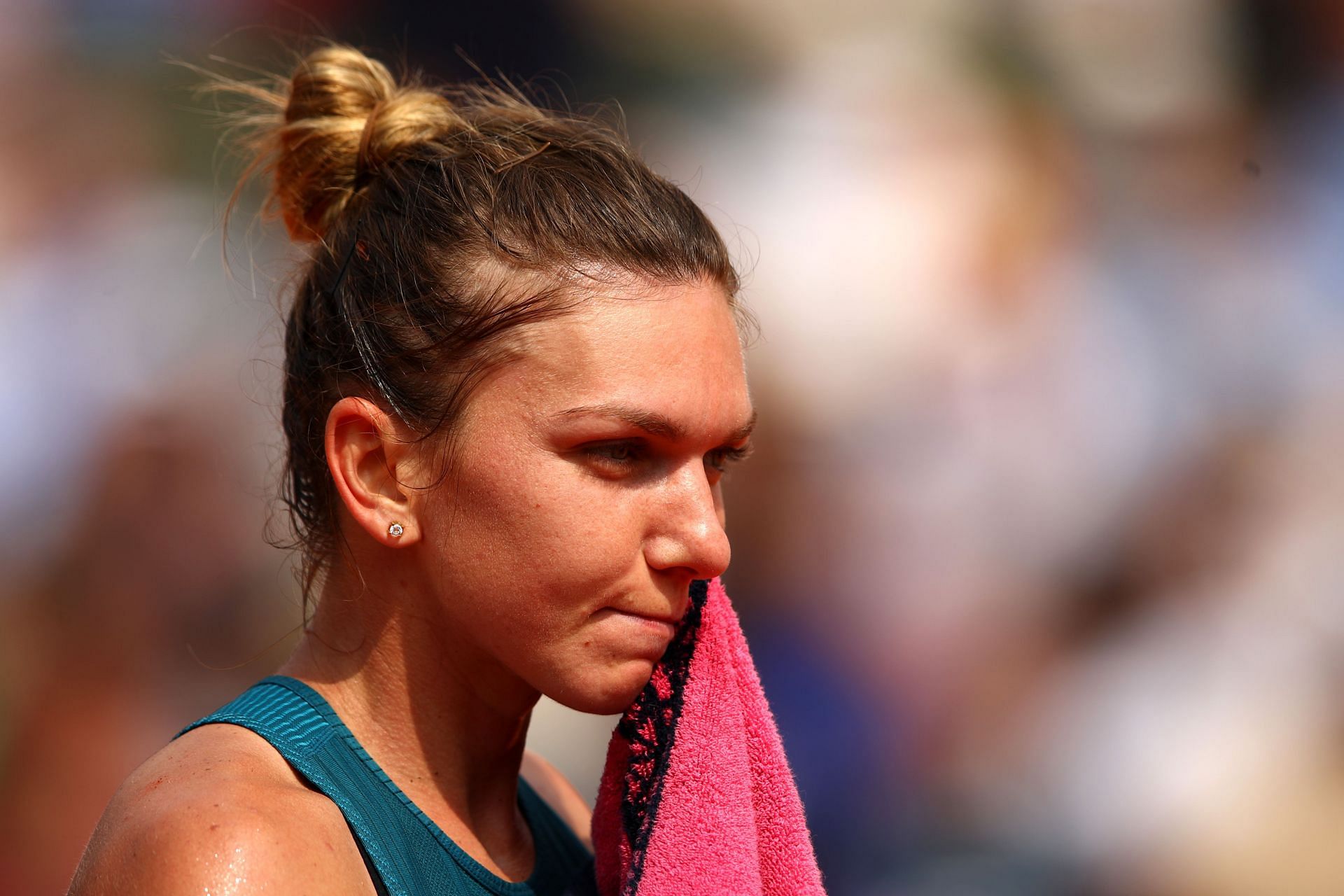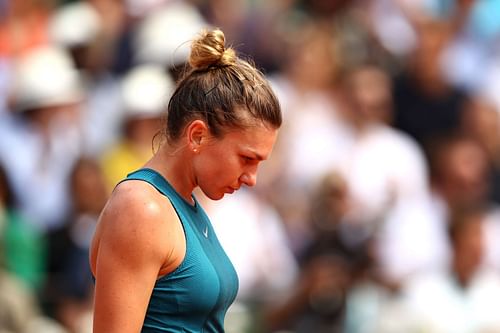
"It is not Aspirin or Vitamin C, accidental use would be highly doubtful" - Simona Halep has burden to prove innocence, suggests director of Polish Anti-Doping Agency
Simona Halep faces an uphill task in the battle to prove her innocence with regard to doping, suggests Michał Rynkowski, who is the director of the Polish Anti-Doping Agency (POLADA). Rynkowski opined that it is "highly doubtful" Halep consumed Roxadustat - the substance she tested positive for - accidentally, due to its lack of commonality.
Roxadusta has been on the World Anti-Doping Agency's (WADA) banned substance list since 2015, but knowledge regarding the substance is far from common, according to Rynkowski. Based on the available WADA data (which does not yet include 2021 data), Halep's is the first-ever case of the detection of Roxadustat.
In an interview with Sport.PL, Rynkowski shared his expert opinion on two-time Grand Slam champion Simona Halep's shocking doping saga, which came to light after her revelation of testing positive, on Friday. According to the POLADA head, Roxadustat is not as common as 'Aspirin' or 'Vitamin C' and the possibility of Halep having consumed the same through another product is low.
"It is not aspirin or vitamin C. Accidental use, in the context of consumption of a product contaminated with this substance, would therefore be highly doubtful," Rynkowski.
He further elaborated on his viewpoint and stated that the fact that Roxadustat is a lesser-known substance that is not widely used makes things even tougher for Halep and that she is unlikely to be able to prove that the substance entered her body through food or another method, accidentally.
"We are dealing with a substance that is not widely used and the number of scientific articles on it is also limited. Everything cannot be ruled out with 100% certainty. But it seems that such an option of getting into the body is unlikely," Rynkowski stated.
He went on to add that the burden of proving innocence entirely rests on the former Wimbledon champion and it will be interesting to learn more about the facts of the case.
"I think that this matter will be treated in a completely standard way. We are dealing with the detection of an undefined substance. Now the burden of proving innocence rests on the player. The question is what factual arguments will be brought forward. Because the fact that everyone defends themselves as much as possible is obvious," he explained.
"Standard penalty in this situation is four years' disqualification" - POLADA director on Simona Halep

POLADA director Michal Rynkowski's knowledge of the subject matter further spells worrying signs for Simona Halep. Substances that are banned as per the WADA list are segregated into two categories - 'specified' and 'non-specified.' Players who test positive for the 'specified' category have a better chance of being handed a more lenient penalty. However, Roxadustat falls into the 'non-specified' category and punishments are harsher in such cases.
If Halep can prove that her consumption of the substance was unintentional or accidental, she could face a two-year ban. If not, the ban could last for up to four years, stated Rynkowski.
"Roksadustat is a substance of an undefined nature, so the players are threatened with serious consequences. The standard penalty in this situation is four years' disqualification. If he proves that the substance was used in an unintentional manner, the suspension may be reduced to two years," Rynkowski stressed.
In her statement on Friday, Simona Halep stressed that she will fight to prove her innocence against doping and called the news the "biggest shock of her life." Earlier this year, Halep ended her season after undergoing nose surgery. She will not be allowed to compete on tour until further notice due to the doping situation.